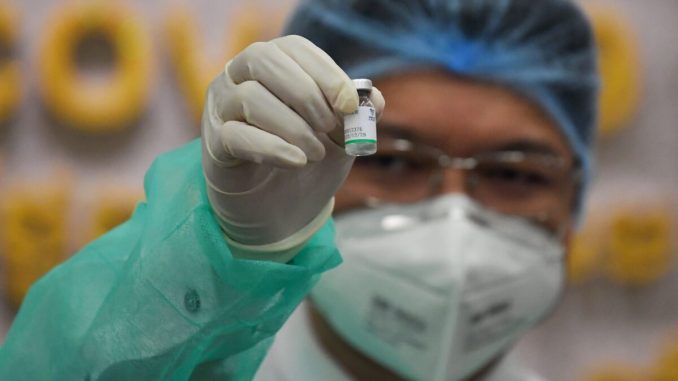
China’s Sinopharm has this week begun rolling out its COVID-19 vaccination program in the Solomon Islands, amid wider concerns of Beijing’s “vaccine diplomacy” efforts and attempts to expand its hegemony in the South Pacific region.
Deputy Prime Minister Manasseh Maelanga received the first jab on May 21 at a vaccination launch ceremony at the Central Field Hospital in the capital Honiara.
He said the Islands were the first among Pacific nations to receive the Chinese-made vaccines and “expressed gratitude” to the Chinese authorities. Maelanga’s inoculation was carried out to demonstrate the “safety and effectiveness” of the vaccine, according to the Chinese state-run media outlet Xinhua.
The efficacy of vaccines from Sinopharm, and fellow Chinese state-owned firm Sinovac, have been questioned, with different countries reporting wildly different success rates.
In April, Beijing donated 50,000 vaccines to the nation, with Chinese Ambassador Li Ming saying, “Solomon Islands is actually the first Pacific Island Country to receive our support with regards to COVID-19 vaccines.”
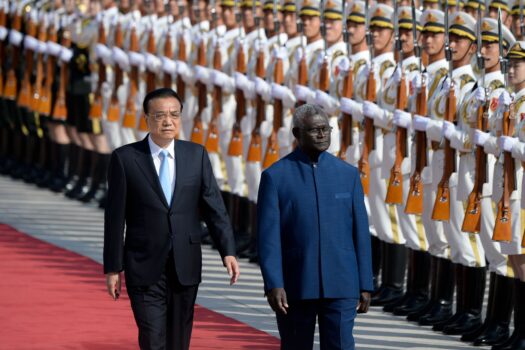
Li was also present at the Honiara ceremony and said the rollout was an example of the “mutual trust” shared by Beijing and the Solomon Islands.
Sinopharm and Sinovac have delivered vaccines to over 80 countries around the world, according to the Chinese Communist Party (CCP) mouthpiece, The Global Times. Beijing has also pledged to deliver 200,000 vaccines to fellow Pacific nation Papua New Guinea, which is struggling to contain an outbreak of the virus.
Australia, in turn, has delivered 60,000 doses of its locally made AstraZeneca vaccine to the Solomon Islands and over 8,000 doses to Papua New Guinea.
Beijing’s push to assist developing nations with vaccination efforts has attracted criticism, with French President Emmanuel Macron raising concerns over the lack of transparency behind the development of its vaccines.
Low success rates with the Chinese vaccine have raised safety concerns as well; for example, Sinovac’s last-stage clinical trial in Brazil had a reported efficacy of 50.4 percent, just passing the 50 percent threshold set by the World Health Organisation (WHO).
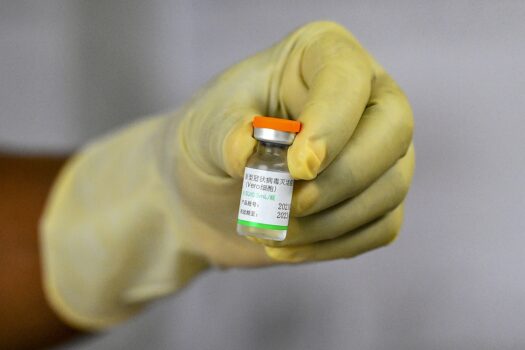
Gabriel Moens, emeritus professor of law at the University of Queensland and an expert in international law, says the vaccine push complements Beijing’s trillion-dollar infrastructure funding scheme, the Belt and Road Initiative (BRI).
“Even a perfunctory assessment of Sinovac diplomacy and the BRI suggests that China is motivated by its desire to expand its geopolitical footprint around the world,” he wrote in an op-ed for The Epoch Times.
Meanwhile, Beijing-backed vaccination campaigns in the South Pacific come as democratic allies continue to push back against Beijing’s ongoing influence-building in the region.
The response from Pacific nations has varied.
Incoming Samoan Prime Minister Fiame Naomi Mata’afa just last week pledged to cancel a US$100 million port development near the nation’s capital Apia, saying the project was excessive for a country of Samoa’s size and economy.
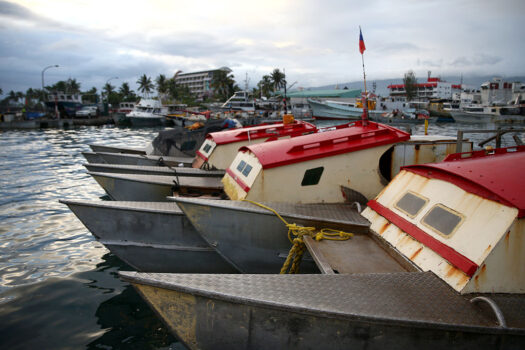
Her stance was a complete reversal from incumbent Prime Minister Tuilaepa Sailele Malielegaoi, who has maintained friendly relations with Beijing for his near-two decade term in power.
Daniel Suidani, provincial leader of Malaita within the Solomon Islands, has had ongoing disputes with the country’s federal leaders over his opposition to Beijing and criticism of the BRI.
“China overwhelmingly targets destitute countries like Solomon Islands that cannot pay their debts and loans. China has confiscated parts or entire seaports from countries that are unable to pay their debts,” Suidani told a crowd at the provincial assembly in 2019.
In the same year, leaders from the Solomon Islands and Kiribati decided to drop diplomatic recognition of Taiwan in favour of Beijing. It was the latest step by Beijing to chip away at Taiwan’s international standing.



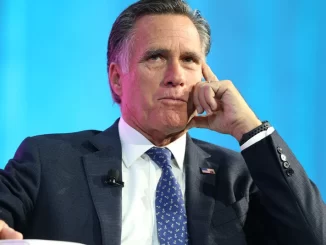

Be the first to comment